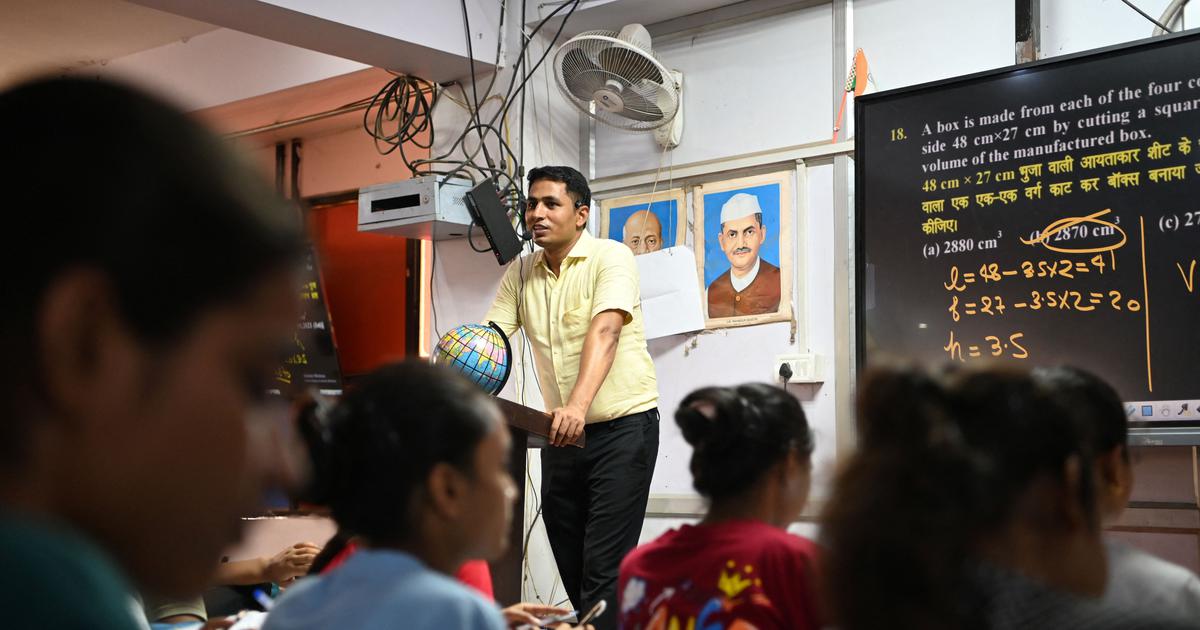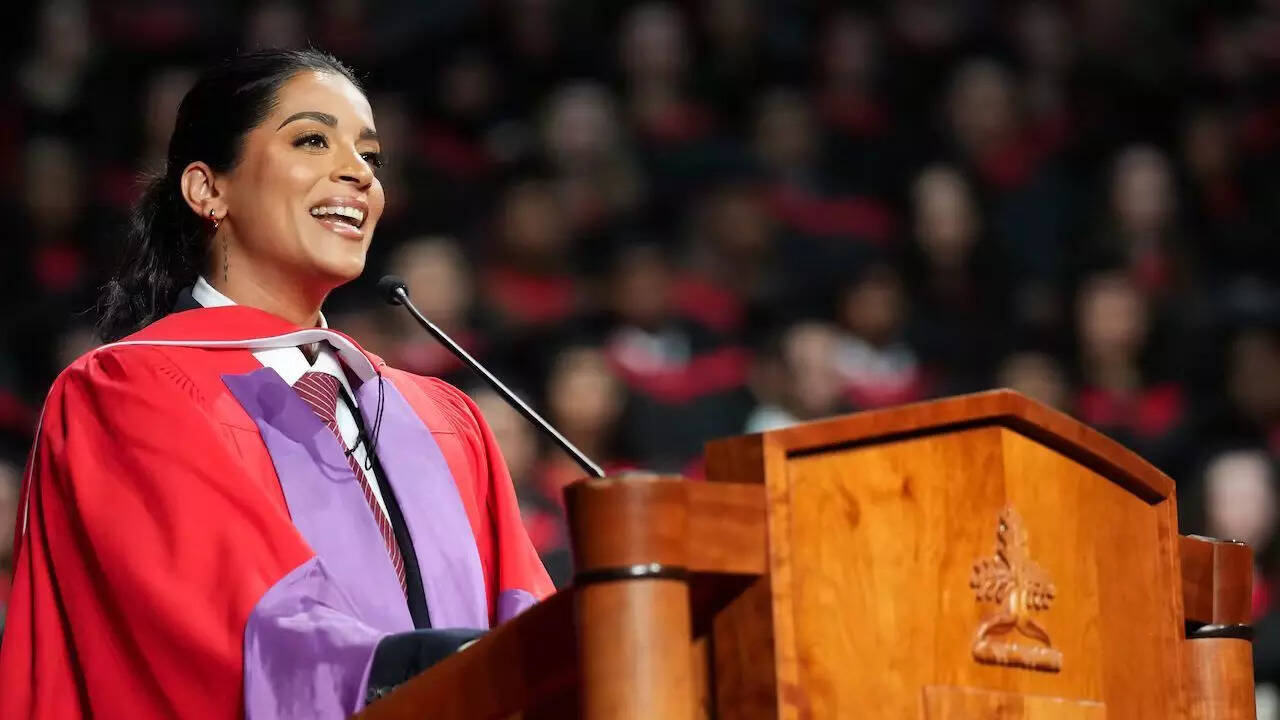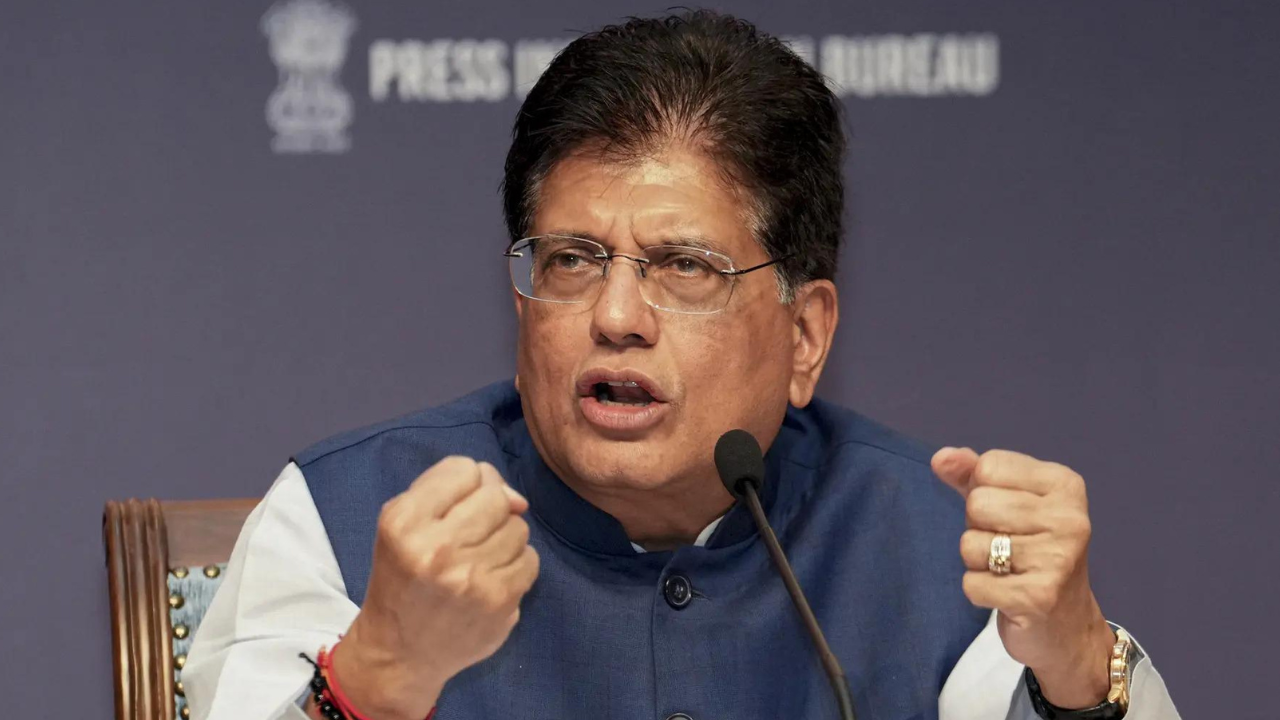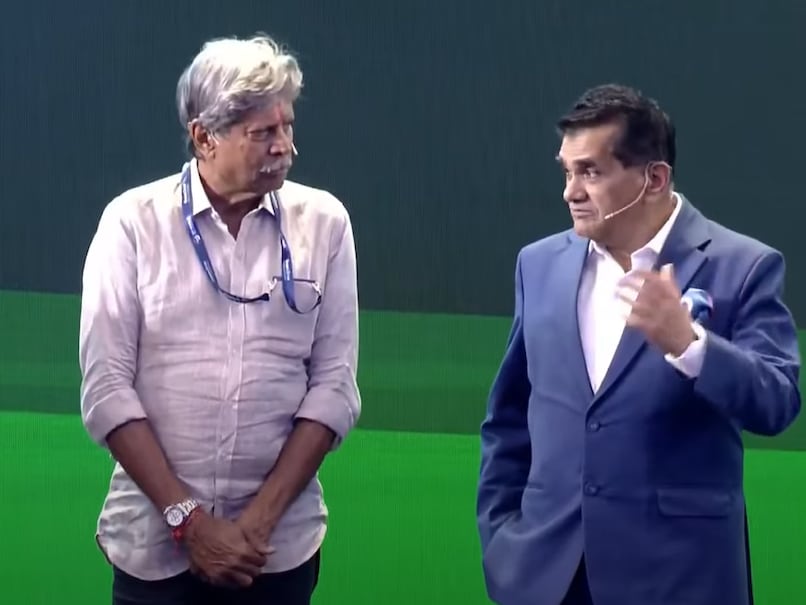In the age of AI and technology, ancient Indian maths will dilute rigour, job prospects of students

Join our WhatsApp Community to receive travel deals, free stays, and special offers!
- Join Now -
Join our WhatsApp Community to receive travel deals, free stays, and special offers!
- Join Now -

The University Grants Commission’s draft mathematics curriculum, 2025, unveiled in August, has sparked a debate around its skewed emphasis on ancient knowledge systems over core subjects.
Designed for undergraduate and postgraduate students, the revised curriculum has been designed to align with the government’s National Education Policy, 2020. According to the policy document, the proposed curriculum reflects a “forward-thinking approach” and offers students a “robust foundation in mathematical concepts and skills”.
Its authors emphasise “value-based education”, interdisciplinary relevance and its “integration with the Indian Knowledge System”.
However, a vast section of academics and experts have raised concerns about the draft’s overemphasis on ancient knowledge systems, particularly at the expense of core subjects, that could compromise students’ preparedness in the job market.
Push for Indian Knowledge Systems
Those in favour of the curriculum argue that nothing in the revised framework prevents attention to core subjects, and that contemporary mathematics paired with historical and civilisational literacy will train students in comparative reasoning.
The draft includes core subjects such as calculus, algebra, analysis, probability and differential equations. It introduces electives in advanced topics such as computational and data science, and proposes a research project for students of Bachelors in Science (Honours) in their final year.
But there is a strong push for Indian Knowledge Systems, as evident from the addition of courses on...
Read more
What's Your Reaction?
 Like
0
Like
0
 Dislike
0
Dislike
0
 Love
0
Love
0
 Funny
0
Funny
0
 Angry
0
Angry
0
 Sad
0
Sad
0
 Wow
0
Wow
0






















































